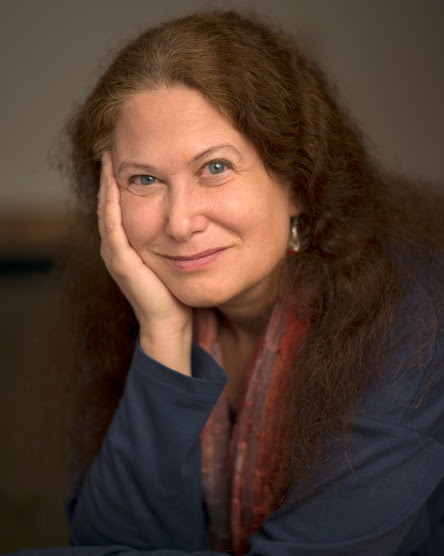Fire Monks readers will remember Jane Hirshfield, if they don’t already know her poetry, as a steady, calming presence in the 2008 wildfire threat to Tassajara Zen Mountain Center. Because Jane lived at Tassajara during the 1977 Marble Cone Fire, she didn’t panic; she just got busy, meeting with visiting firefighters and Tassajara residents to share her knowledge and experience, but also clearing leaves, brooms, any potential fuel, away from structures.

They didn’t know for sure that fire would reach Tassajara, but residents started preparing in case it did. Amidst great uncertainty, they made great efforts. When the fire did arrive, they were ready, and that readiness was key to the fact that Tassajara was saved.
One of the takeaways from the Fire Monks story is that not-knowing is the fundamental truth of our lives, whether it’s a wildfire chewing through the forest towards our home, the loss of a livelihood or loved one, or…a new virus sneaking across the globe.
In these days of covid-19 panic, endless political tumult, and increasing environmental calamity, the example of a community of Zen monks simply doing the next thing and the next thing, not turning away from a real threat but not stoking fears either, continues to resonate, offering a pathway other than paralysis and a natural defense against despair.
The same is true of Jane’s new poetry book, Ledger, just released, which tells the truth about the mess we’ve made of the planet but nevertheless instills hope. There is hope in truth-telling, in whole-hearted reckoning, in the practice of humility.
Jane’s currently out on book tour, doing readings around the country—though some have been cancelled. She points out with her typical clear-seeing that while every day seems to bring “a new big dose of uncertainty,” this is no different than regular life, it’s just that we “mostly don’t see” the uncertainty we breathe.
We mostly don’t have a wildfire or pandemic bearing down on us, such vivid and compelling and nerve-fraying reminders of how vulnerable we are, all the time, how little we actually know, ever.
This little-knowing can be a refuge, if you let it. It’s not an excuse to be lazy or in denial or indifferent. It’s an invitation to realize how puny we humans are in the vastness of time and space, and to take good care of and love well what we actually can.

As my husband John, who is immune-compromised but not a worrier by nature, said yesterday, on the eve of a coronavirus-stricken Grand Princess cruise ship’s docking in the nearby Port of Oakland: It’s an opportunity to be mindful, to really appreciate everything that we touch, all the time. Said another way: It’s a universal nudge to acknowledge the connections (seen and unseen) between every living thing on this planet.
So. Amidst this great uncertainty, please make your great—but most of all, small and steady—efforts. Keep your cupboards stocked, but don’t hoard. Wash your hands. A lot. And while you do, maybe chant something more meaningful to you personally and apropos to the moment-at-large than Happy Birthday—the Buddhist refuges, the refrain to Purple Rain, whatever helps you lather up and rinse well for a good 20 seconds.
Before you complain about how dry your hands are from all the washing, consider Avalokitesvara, the bodhisattva of compassion, who hears the cries of the whole suffering world and has one thousand pairs of hands to keep clean, as well as several heads with pairs of eyes to try not to rub. You only have two of each.
Read Ledger. Read Fire Monks again. Sit silently for a few minutes, and appreciate the vast and incomprehensible universe that you’re a tiny but consequential part of. You might just find yourself feeling encouraged.